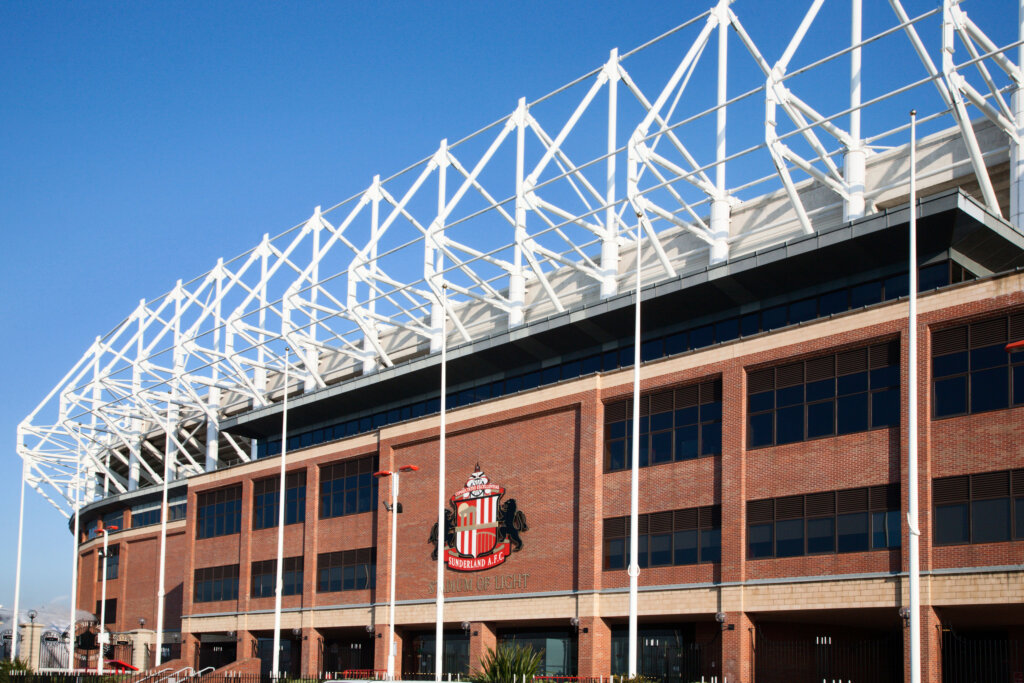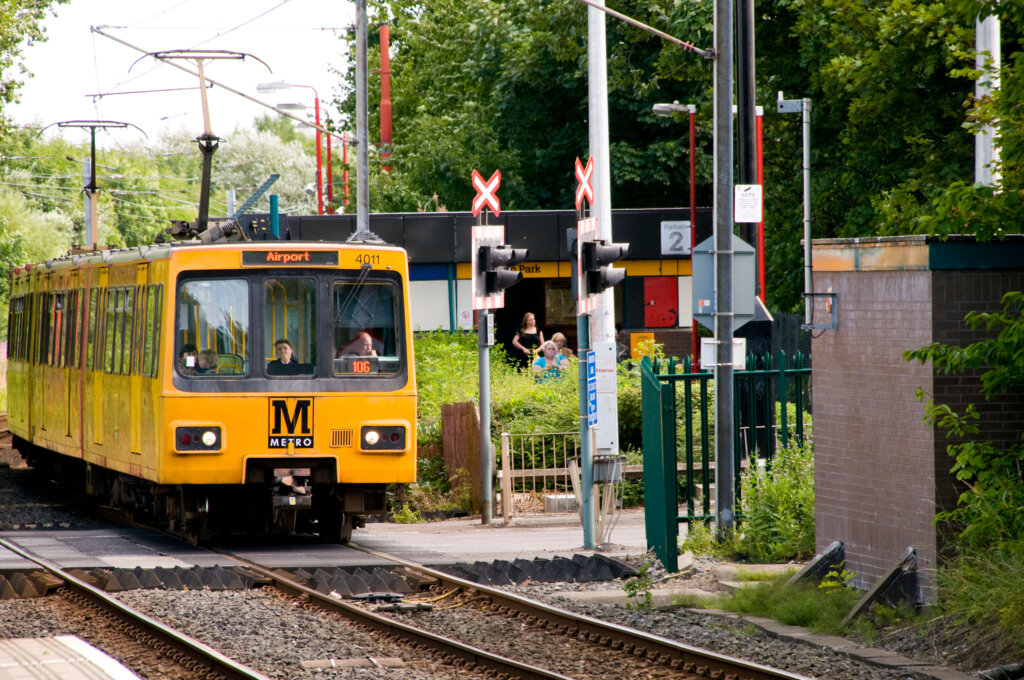Census 2021: The most religious places in the North East
Written by Kayleigh Beth Fraser on 30th November 2022
As Census 2021 findings begin to be released, data suggests religion is overwhelmingly declining – but where in the North East is still largely religious?
Data is now being released from last years Census, providing insight on demographics like religion, gender, sexuality and occupation.
With data on religion now publicly available, here are the least to most religious areas in the North East.
11) North Tyneside
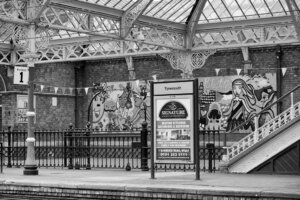
The seaside area contains the least amount of religious people in the entirety of the North East. Image credit: Flickr
North Tyneside, including the areas of Tynemouth and Whitley Bay, is the least religious area in the North East.
Census data shows that 49% of people from the coast identify with a religion.
The highest margins include 47% identifying as Christian and 1.2% as Muslim.
10) Newcastle Upon Tyne
In tenth place is the city of Newcastle Upon Tyne, with 53% of people responding to the Census saying they identify with a religion.
The university city is shown to have 41% of its residents identify as Christian, and also boasts the second highest Muslim population in the region as a whole at 9%.
The city also has the highest population of Buddhists in the North East, at 0.5%.
9) Northumberland & Hartlepool
Both coastal Hartlepool and rural Northumberland have a religious population of 54.7%.
Whilst the two areas have the same total, Northumberland has a higher Jewish population, comprising of 0.1% compared to Hartlepool’s 0%.
Both regions have the same Buddhist and Sikh population, sitting at 0.2%.
8) Redcar and Cleveland
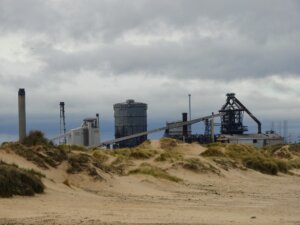
Redcar and Cleveland comes in eighth place. Image Credit: Flickr
Industrious Redcar and Cleveland sits in eighth place, with 55% of their residents reported to have a religious identity.
The majority of this is made up of Christians, at 53%.
Data also shows that Redcar and Cleveland has the smallest Sikh population in the North East with the exact figure sitting at only 0.1%.
7) Darlington
55.3% of responses from those living in Darlington said they identified with a religion.
52.1% of these are made up of Christians, as well as 1.7% saying they were Muslim.
6) Gateshead
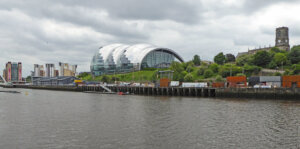
Gateshead has the highest population of Jews in the North East. Image Credit: Flickr
Census data shows Gateshead has a population of 55.5% religious residents.
Comprised mainly of Christians (50.8%), Gateshead holds the largest Jewish population in the North East at 1.5%.
This is larger than cities like Sunderland and Middlesbrough which data suggests has no people of Jewish faith living there.
5) Stockton on Tees
In fifth place is Stockton on Tees with a reported religious population of 55.9%.
The area has the 3rd highest population of Muslims in the region, at 3.4%
Stockton also has the joint highest population of Sikh’s, at 0.4%.
4) Sunderland
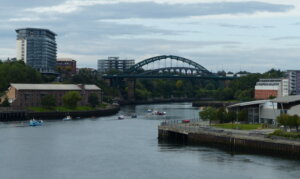
Sunderland comes in fourth place. Image Credit: Geograph
The City of Sunderland is in fourth place with a religious population of 56%.
53.2% of Census participants in Sunderland said they were Christian.
0.2% identified as Hindu, and 1.8% as Muslim.
3) South Tyneside
South Tyneside comes in third place, reporting a religious population of 56.2%.
Making up this total 52.6% Christians and 2.5% Muslims.
2) County Durham
Spanning across a large area of land, County Durham has the highest number of Christians in the North East with 54.6% responding to the Census with this identity.
County Durham is second last in the region for having the lowest Muslim population, at 0.6% overall compared to 0.5% in Northumberland.
However, County Durham is one of only five areas in the North East to have any Jewish population, at 0.1%.
1) Middlesbrough
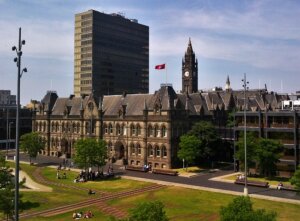
Middlesbrough tops the list and is the most religious place in the North East. Image Credit: Wikimedia Commons
The most religious area in the North East is Middlesbrough.
Despite having one of the lowest Christian populations in the region (46%), the town has the highest population of Muslims, at 10.2%.
Data also reports 1% of residents identifying as Hindu, and 0.3% Buddhist.



